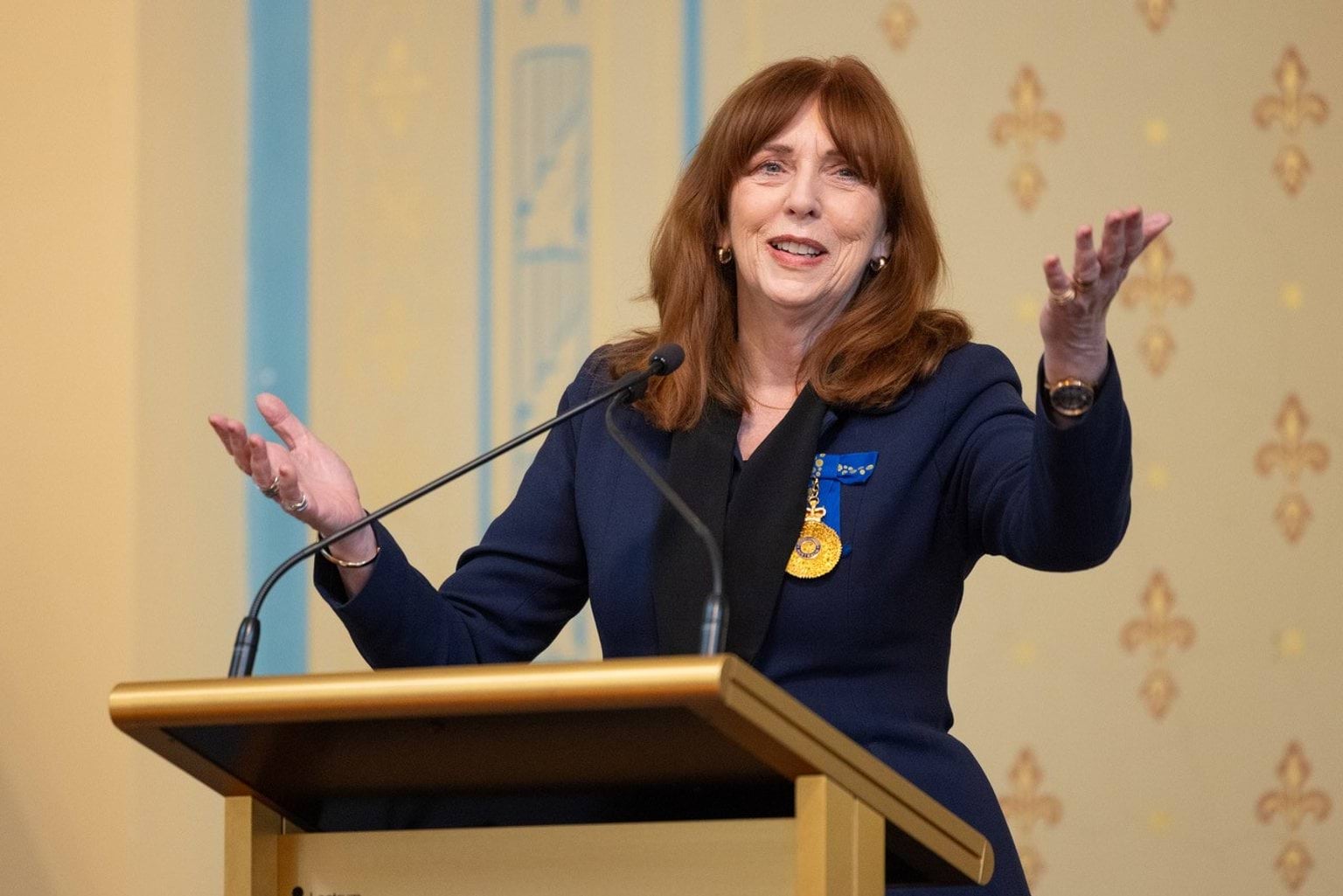- Published:
- Tuesday 9 September 2025 at 1:02 pm

I begin by acknowledging the Traditional Owners of the lands on which this House stands – the Wurundjeri and Bunurong people of the Eastern Kulin Nation – and pay my respects to their Elders, past and present.
In the late 1960s, Donald Horne decried the “great emptiness” in Australia and spoke of the people’s yearning for an “idealisation of some good, new, and interesting thing that Australians might become.”
Horne captured the zeitgeist of a nation caught between its colonial past and the desire for some distinct, but still unclear, future identity.
The following years brought a cultural transformation, generating a national consciousness surrounding the questions of who we are as a people and what it means to be an Australian.
Sensing this moment, the ‘It’s Time’ speech of 1972 called for “a new vision of what we can achieve in this generation for our nation and the region in which we live.”
By the mid-1970s, it was apparent that Australia had arrived at this time – not only because of the prosperity but also the opportunities now available and being seized by Australians in the 1970s for education, for travel – and for the new horizons opening across the globe.
For those of us who lived through it, the feeling of excitement was palpable.
Out of this era sprang important Australian cultural institutions for self-expression and understanding – a national library, a national archive, and a national gallery – just as we started the search for a national anthem of our own.
Government funded a Chair in Australian Studies in the United States – indicating to the world that we had a distinct story to tell, and that it was worth listening to.
Our immigration policies also expanded in numbers and diversity, creating an audience of new migrants with which we could exchange ideas about ourselves.
In this period of self-definition in the 1970s, the Australian Honours System was born.
Viewed through this lens, the creation of this system was less a rejection of the adopted British honours, which were then the norm, but rather an embrace of our future as a modern nation and all that it could be.
A future where we held the pen to write our own story.
The Australian Honours System is what brings us here today, as we mark 50 years since its inception.
Its establishment did not create a new national identity – rather it was one avenue through which we could explore it.
The contributions we celebrate here go to the heart of what we value as a community, as a State, and as a nation.
Though the awards are only summarised in a short citation, what each of these honours speak to is something much greater.
It may represent many decades of volunteering one’s time and effort in service to others.
It may represent a dedication to achieving excellence in a field that our community rightly admires.
Or it may represent the power of an idea, enacted to create positive change that uplifts fellow citizens.
All of these contributions are worthy of celebration, and collectively form part of our national story.
Fifty years on from the establishment of our own honours system, this identity is still unfurling, and we continue to ask those important questions of ourselves.
Australian values are more than what is captured in verse or a song, or taught in the early classes at school, or asked in the questions of a citizenship test.
They are best measured by what we do, rather than what we say about ourselves.
How we choose to celebrate the deeds we admire goes a long way to expressing what is at the heart of our nation.
As new generations arrive, we cannot assume that they will simply commit to values we sometimes talk about.
Sustaining our identity into the future relies on us continuing to explore what we care about as a community and demonstrating the actions we value.
These honours remain one of the important avenues we have to do just that.
Congratulations to everyone who has been recognised here today, and thank you to those who have supported you in these contributions.
Your stories are the threads of the broader story of our nation – one that I am certain you will continue to play a part in writing in the years to come.
Thank you.
Updated

